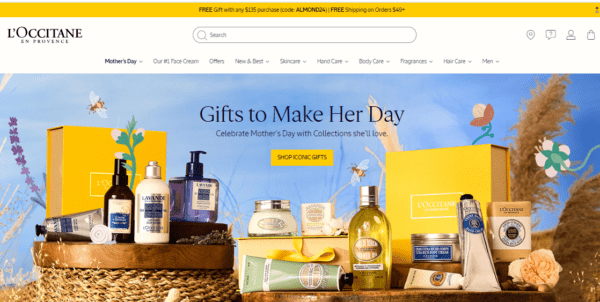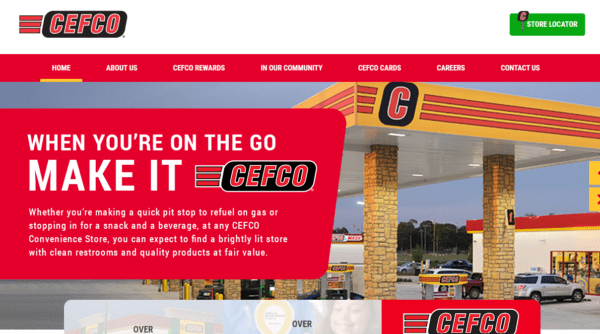Former L’Occitane CEO Looks to Acquire, Privatize the Company


L’Occitane Groupe, the controlling shareholder of L’Occitane International, has submitted an offer to acquire the remaining shares of the French beauty retailer in a bid to take the company private.
L’Occitane Groupe, which is controlled by former L’Occitane CEO Reinold Geiger, currently owns 72.64% of the company and is proposing a buyout of the remaining shares for HK$34 (approximately $4.08 in U.S. dollars)— more than the all-time-high closing price of HK$33.60 (approximately $4.03 USD) per share since the company’s IPO on the Hong Kong Stock Exchange in 2010. If the deal goes through, Geiger plans to delist L’Occitane from the Hong Kong Stock Exchange and take the company private, which he believes will allow management to better “invest in long-term sustainable growth initiatives.”
Geiger first invested in L’Occitane in 1994 and served as CEO for more than 25 years, leading the company’s expansion to more than 90 countries before stepping down in September 2021. The company is now led by Laurent Marteau as Group CEO.
“Our family has always taken a responsible, long-term view when it comes to developing our company,” said Geiger in a statement. “The cosmetics sector is undergoing profound changes, and our company has significantly transformed into a geographically balanced multi-brand group, marked by strategic acquisitions such as Eelemis, Sol de Janeiro, and most recently Dr. Vranjes Firenze. The transaction we are launching today will enable us to focus on rebuilding the foundation for the long-term sustainable growth of our company.”
The shareholding entity headed by Geiger cited “a combination of industry dynamics and the pressures of operating as a listed company” as its rationale for the sale. It went on to say that a range of investments in marketing, store refurbishment, IT infrastructure and attracting talent “are of vital importance” to the retailer’s long-term growth. As a private company, L’Occitane’s leadership would have greater flexibility to make those investments and implement new strategies, “free from the pressures of the capital markets’ expectations, regulatory costs and disclosure obligations. This flexibility is particularly important because competition in the global skincare and cosmetics industry continues to intensify with the entry of new international and local brands,” the statement concludes.
L’Occitane’s board of directors has established a committee of independent non-executive directors to evaluate the offer and make a recommendation to minority shareholders. The offer is subject to a minimum 90% acceptance threshold by shareholders other than L’Occitane Groupe.











